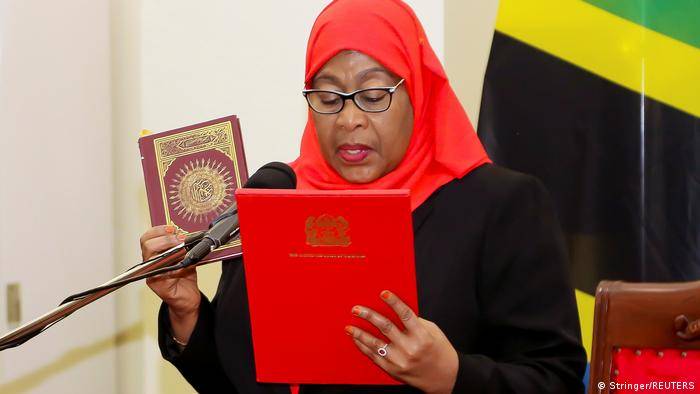
Samia Suluhu Hassan’s ascension to the highest political office in Tanzania, though as a result of an unfortunate event, is quite commendable. As a female political leader, she has already broken many glass ceilings, having previously made history as the first female vice president of the East African country.
However, she takes over the presidency at a time the world is grappling with the effects of the Covid-19 pandemic. Even more important, she takes over from a leader whose response to the pandemic was unpopular with other leaders across the world.